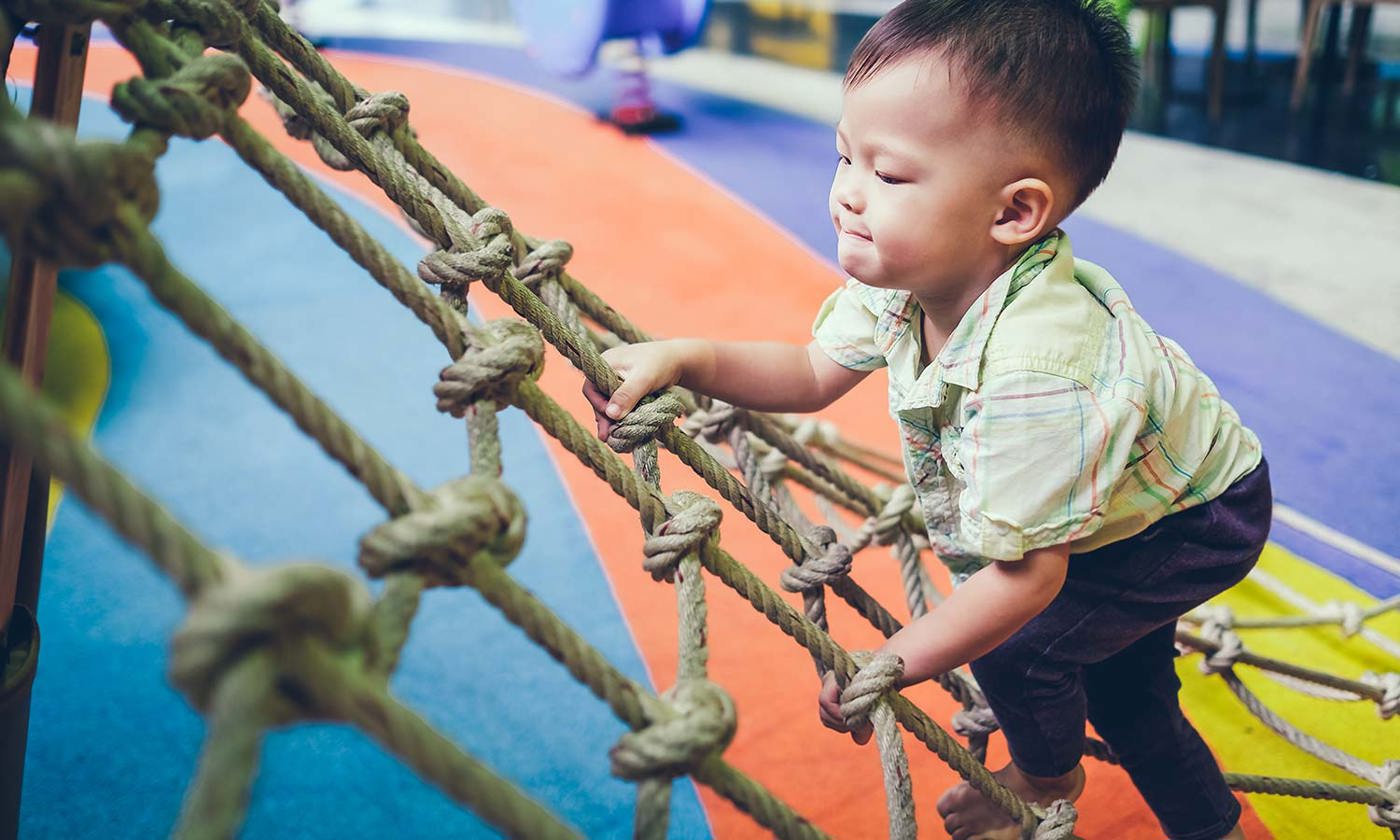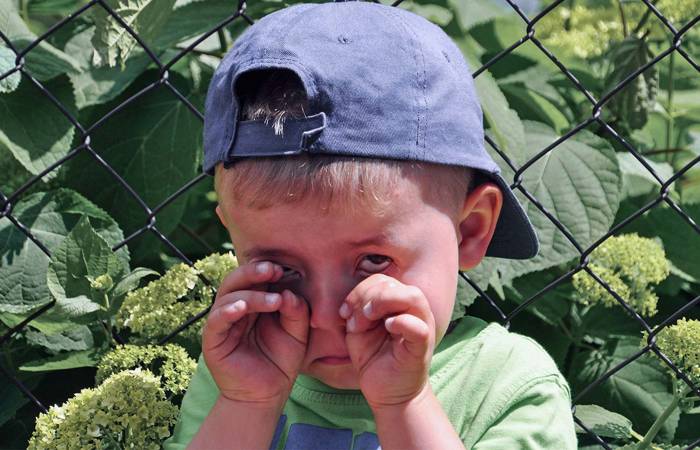Like what you see?
Sign up to receive more free parenting advice.
Thank you for subscribing to our newsletter!
Early Learning

Credit: iStock.com/yaoinlove
Perseverance is a skill that we all need if we’re to get through life’s difficulties. When things don’t go quite as we planned, there are times we need to pick ourselves up off the floor and give it another go.
It’s a skill that is best learned from an early age, but how can we teach our children this vital skill? It seems it’s all about trying, failing, and if you are a parent, being seen to fail without giving up.
A study by the Massachusetts Institute of Technology found children as young as 15 months can learn the value of hard work by perseverance if their parents model the behaviour.
Researchers found children watching adults struggle to achieve goals before they succeeded, tried harder at their own difficult task – compared to children who saw an adult succeed effortlessly.
The study also found that children can learn the importance of effort after seeing just two examples of adults trying hard. While the study took place in a laboratory setting, it’s hoped the findings will help parents who want to instil the value of perseverance in their children.
The reality is however, that some parents might not want their children to see them getting frustrated when they’re completing a task, and they’d prefer to make tasks look easy.
Children need to learn resilience to face challenges, so they actually believe they can cope when faced with something tricky. Children of all ages also need to learn self-regulation, the ability to focus on long term goals and not just seeking immediate pleasure.Dr Judith Locke
Learning resilience to face challenges
Psychologist Dr Judith Locke, author of The Bonsai Child, says it’s beneficial for a child to see a parent struggle with a task and then keep trying until they succeed.
“Children need to learn resilience to face challenges, so they actually believe they can cope when faced with something tricky. Children of all ages also need to learn self-regulation, the ability to focus on long term goals and not just seeking immediate pleasure,” says Dr Locke.
“It’s ideal if children learn self-regulation from an early age, so that they can actually get through a current experience of discomfort and keep trying to then eventually attain a skill or achieve a goal.
“The advantage of this is that they’ll learn a lot more about problem solving and become more confident about their abilities than those children who are always protected from challenge.”
Why children don't always need immediate success
However some parents might not want their children to see them fail. Dr Locke believes this results in some parents inadvertently having the wrong goals.
“What many are doing is focusing on building their child’s self-esteem and the way they do this is through providing their child with immediate success always,” says Dr Locke.
“Some parents think constant happiness and a totally perfect childhood is going to give their child a great future and therefore try to help their child just glide through life, overcoming everything very quickly with their parent’s help.
“But by doing that, you take away the opportunity to develop essential skills in your child, such as self-regulation and resilience. These skills will only come if you allow your child to slowly face more and more challenge, such as allowing them to persevere with working out a tricky new toy, rather than stepping in and showing them how to work it or not letting them win every family game they play, so they learn they can cope with not always getting what they want.”
Helping children manage a full range of emotion
Professor Jennifer McIntosh is a clinical child psychologist at the Centre for Social and Early Emotional Development at Deakin University.
Professor McIntosh says part of the journey for parents is to help children learn to manage a full range of emotion, from joy to fear.
“In the middle of that sits a really important task in parenting which is to help kids to learn how to regulate their emotions and how to manage the experience of strong emotion,” she says.
“It’s also about teaching kids about the human condition – nobody can get everything right, nobody can have everything they want. We should try things in our lives, even though others have tried and made mistakes or failed.
“The lesson you learn by being mentored by your own parents is different from a teacher standing in class and saying ‘It’s okay to make mistakes.’ But, if you see your parents giving things a shot and not always succeeding, and to watch parents manage their emotional state within it, is a very vital lesson.”
Professor McIntosh says it’s also important that children see a parent who can manage to refrain from launching into a tirade about failing.
“They don’t need to hear a parent talk about how their failure was someone else’s fault. I think we’re coming out of an era where perfect parenting was encouraged and I think parents actually fail their kids when they don’t teach them about failure and teach them about the real world and not feel entitled, it’s very important,” she says.
Professor McIntosh advises parents to talk to kids about their own experiences of failure.
“They can talk about how they managed their own feelings of disappointment and frustration and how they managed to motivate themselves again. This is always a good thing to share with kids around a dinner table.
“It’s also a good idea for parents who might be working on a large project to leave it out, without having to tidy it up and put it away, so the children see their parent is busy working on something.
“Parents should give children encouragement for effort but not artificial encouragement – they don’t need to be told all the time that they’re doing a good job. It’s more a sense of noticing when a child is persisting and making it possible for them to persist.”







